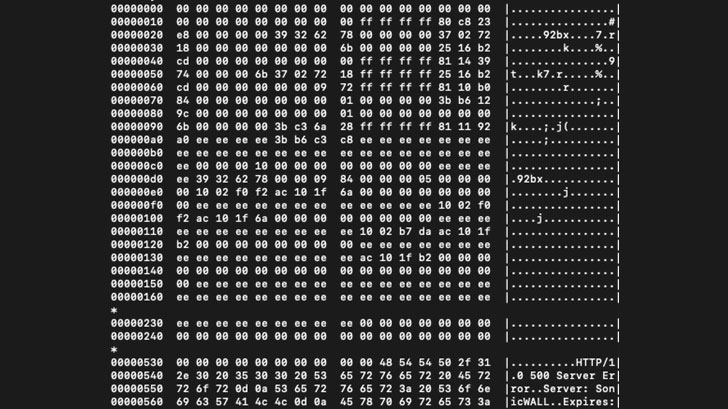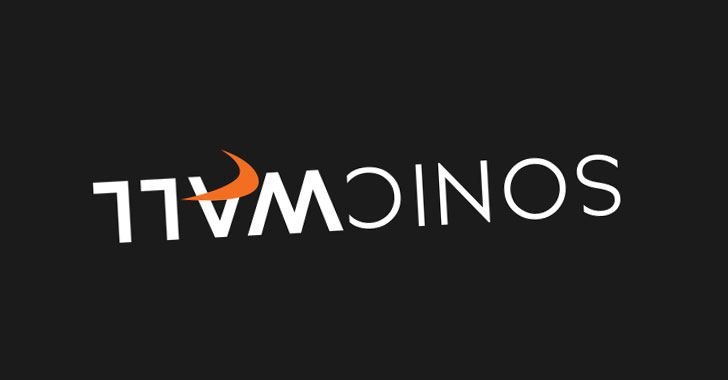A critical vulnerability in SonicWall VPN appliances that was believed to have been patched last year has been now found to be "botched," with the company leaving a memory leak flaw unaddressed, until now, that could permit a remote attacker to gain access to sensitive information.
The shortcoming was rectified in an update rolled out to SonicOS on June 22.
Tracked as CVE-2021-20019 (CVSS score: 5.3), the vulnerability is the consequence of a memory leak when sending a specially-crafted unauthenticated HTTP request, culminating in information disclosure.
It's worth noting that SonicWall's decision to hold back the patch comes amid multiple zero-day disclosures affecting its remote access VPN and email security products that have been exploited in a series of in-the-wild attacks to deploy backdoors and a new strain of ransomware called FIVEHANDS.
Howevere, there is no evidence that the flaw is being exploited in the wild.
 |
| Memory Dump PoC |
"SonicWall physical and virtual firewalls running certain versions of SonicOS may contain a vulnerability where the HTTP server response leaks partial memory," SonicWall said in an advisory published Tuesday. "This can potentially lead to an internal sensitive data disclosure vulnerability."
The original flaw, identified as CVE-2020-5135 (CVSS score: 9.4), concerned a buffer overflow vulnerability in SonicOS that could allow a remote attacker to cause denial-of-service (DoS) and potentially execute arbitrary code by sending a malicious request to the firewall.
While SonicWall rolled out a patch in October 2020, additional testing undertaken by cybersecurity firm Tripwire revealed a memory leak as a "result of an improper fix for CVE-2020-5135," according to security researcher Craig Young, who reported the new issue to SonicWall on October 6, 2020.
"As a one- or two-line fix with minimal impact, I had expected that a patch would probably come out quickly but, fast-forward to March and I still had not heard back," Young noted in a write-up on Tuesday. "I reconnected with their PSIRT on March 1, 2021 for an update, but ultimately it took until well into June before an advisory could be released."
Found this article interesting? Follow THN on Facebook, Twitter and LinkedIn to read more exclusive content we post.
.png)
 3 years ago
342
3 years ago
342 

















 Bengali (Bangladesh) ·
Bengali (Bangladesh) ·  English (United States) ·
English (United States) ·